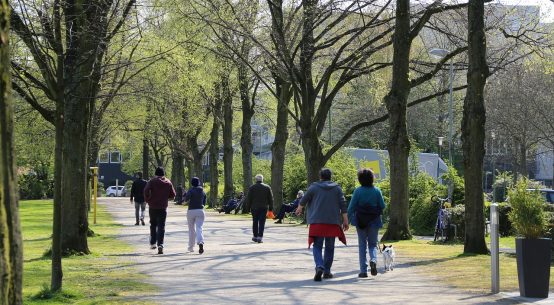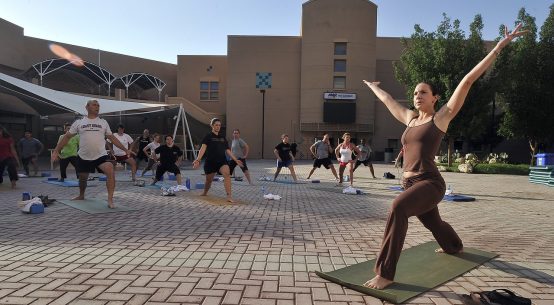
Christchurch – Being active during childhood helps with brain development and leads to lower rates of degenerative diseases later in life, a national exercise expert says.
Exercise New Zealand chief executive Richard Beddie says there is a lot of research that shows that physical activity in early years is important to forming health habits.
He was commenting on the latest academic study on the physical activity of New Zealand school children just released.
“The problem with adding this issue onto schools’ agenda is that it burdens schools with yet another social issue that they are expected to fix,” Beddie says.
“Any solution needs to involve schools but as a potential facilitator and it really needs to involve parents and, depending on the age of the children, them too. In areas where long travel distances may be an issue, then working with transport authorities to explore ways of supporting their journey, but still involving physical activity too.”
In the study, the researchers combined data about the students’ travel modes with factors about their environments – including how built-up their neighbourhoods were, how many intersections were in the area and what their distance to school was – using geographic information systems, or GIS.
Beddie says perhaps one of the greatest downsides of children being dropped off to school is the removal of regular physical activity during such a formative part of young people’s lives. Until the last 20 years, walking and/or cycling to school was not only encouraged by parents, but regarded as ‘normal’ by children too.
“While it does have some limited benefits, the habit of cars being the key way to get around for children is not only damaging to their current levels of activity, but it can be detrimental long term too.
“Less residential density, along with more connected streets and lower socio-economic status, were all associated with higher rates of walking and cycling.”
New Zealand has one of the lowest rates of active travel to school in the world – and it also had one of the highest rates of childhood obesity, costing the country nearly $850 million every year.
Beddie says some of the best initiatives are activities that seek to bring back physical activity while still keeping the advances of safety for children such as the walking to the bus which is an excellent example and which takes a small number of adults to help a large number of children to stay active.
“Research shows that not only is physical activity in the early years important to help form health habits but also by being active during childhood also helps with brain development and leads to lower rates of degenerative diseases later in life.
“Schools aren’t the solution provider, but they need to be part of the discussion. Government also needs to play it big part by supporting schools and parents that choose to not only have their kids more active – but also reduce the congestion on the roads around school peak times,” Beddie says.
For further information contact Make Lemonade NZ editor-in-chief Kip Brook on 0275 030188



